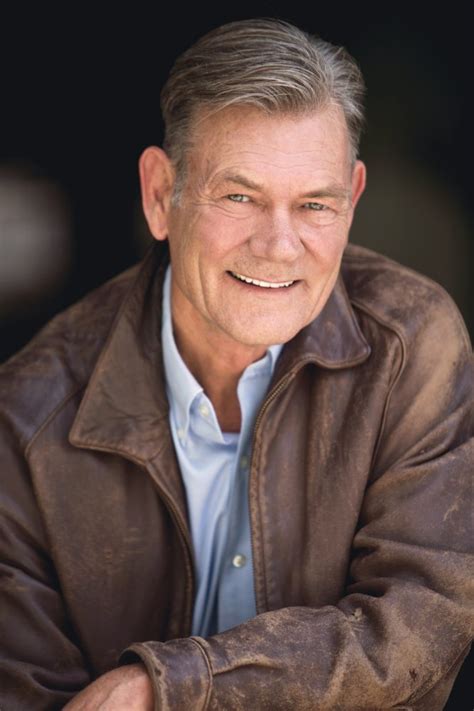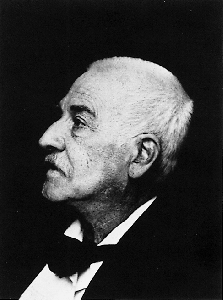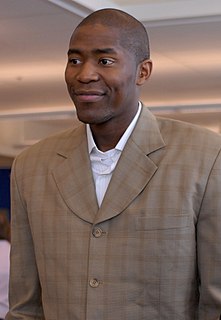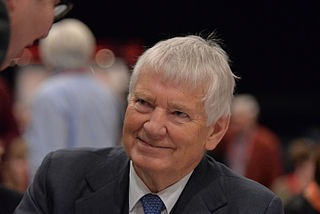A Quote by Edward Snowden
Everyone everywhere now understands how bad things have gotten — and they’re talking about it. They have the power to decide for themselves whether they are willing to sacrifice their privacy to the surveillance state.
Related Quotes
Whether it's Facebook or Google or the other companies, that basic principle that users should be able to see and control information about them that they themselves have revealed to the companies is not baked into how the companies work. But it's bigger than privacy. Privacy is about what you're willing to reveal about yourself.
The merging of the military-industrial complex, surveillance state and unbridled corporate power points to the need for strategies that address what is specific about the current warfare and surveillance state and the neoliberal project and how different interests, modes of power, social relations, public pedagogies and economic configurations come together to shape its politics.
I think the Iraqis themselves will have to make a determination as to what type of government they ultimately come up with and what kind of nation they ultimately come up with. But they can continually use America's troops presence. The problem is not going to change until they are confronted with the reality that they have to make decisions and they have to make them themselves. They have to decide whether they want a country, whether they're willing to put their lives on the line and sacrifice for a national interest as opposed to a regional or sectarian interest.
I don't think he would have had any trouble answering Justice Sonia Sotomayor's excellent challenge in a case involving GPS surveillance. She said we need an alternative to this whole way of thinking about the privacy now which says that when you give data to a third party, you have no expectations of privacy. And [Louis] Brandeis would have said nonsense, of course you have expectations of privacy because it's intellectual privacy that has to be protected. That's my attempt to channel him on some of those privacy questions.
Politics is about power. It is about the power of the state. It is about the power of the state as applied to individuals, the society in which they live and the economy in which they work. Most critically, our responsibility in this parliament is how that power is used: whether it is used for the benefit of the few or the many.
We don't like to use the phrase "state security" in the United States because it reminds us of all the bad regimes. But it's a key concept, because when these officials are out on TV, they're not talking about what's good for you. They're not talking about what's good for business. They're not talking about what's good for society. They're talking about the protection and perpetuation of a national state system.
We have to decide whether our fear is going to get the better of us. Once upon a time we had a standard in our country that was 'innocent until proven guilty.' We've given up on so much. Now, people are talking about a standard that is 'if you have nothing to hide, you have nothing to fear.' Think about it. Is that the standard we're willing to live under?
The only time you have is the where and when of right now. There will always be good times, bad times, hard times, and complete disasters. However, there is no other option but to be where you are, when you are. That is a universal truth for everyone. The important thing is how you respond, what you decide to do, and when you decide to do it.
We are talking about an awesome power. It is the power to weave illusions that appear real as long as they last. That is the very core of the Fed's power. Of course not everyone is instinctively against this illusion-weaving power, and many even welcome it. Tragically, the innocent who understand little about the complexity of the monetary system suffer the most, while those who are in the know reap great profit whether the market is going up or down.
The seventeenth century is everywhere a time in which the state's power over everything individual increases, whether that power be in absolutist hands or may be considered the result of a contract, etc. People begin to dispute the sacred right of the individual ruler or authority without being aware that at the same time they are playing into the hands of a colossal state power.
It seems to me that we make a terrible mistake in talking about Trump as some kind of essence of evil. Trump is symptomatic of something much deeper in the culture, whether we're talking about the militarization of everyday life, whether we're talking about the criminalization of social problems, or whether we're talking about the way in which money has absolutely corrupted politics. This is a country that is sliding into authoritarianism.




































